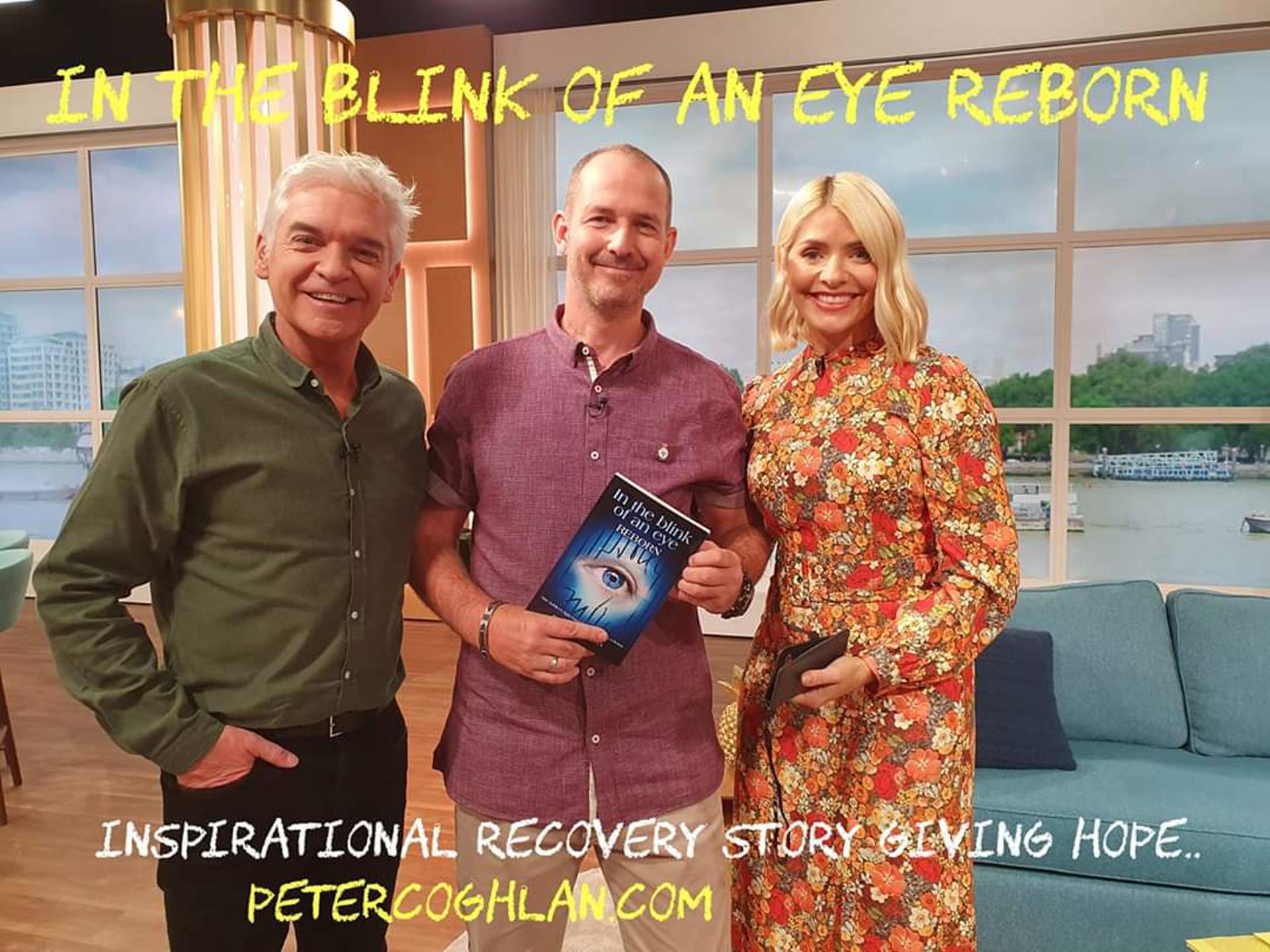Jobs In Care – An Avenue for All
Published: 03/03/2019
Jobs in Care: An Avenue for All
There are approximately 5,500 care providers in the UK, with seven-million people choosing to pursue jobs in care.
Despite the profession’s undoubted popularity amongst those with an urge to work within the healthcare sector, there are sometimes perceptions that people who have previously been ill or have a disability aren’t compatible with the care industry.
However, this couldn’t be further from the truth, as Peter Coghlan, a survivor of lung cancer, a stroke and locked-in syndrome will testify.
Peter Coghlan’s Road to the Care Industry
As outlined in our previous blog post, a seemingly innocuous bump on the head at work in Perth, Australia sparked a terrifying sequence of events for Peter Coghlan, with the accident on a worksite leading to a stroke and an arduous battle with the debilitating condition, locked-in syndrome.
Unable to move and only able to communicate by the blink of an eye, Peter fought against the odds and has since become the first-ever male to make a full recovery from locked-in syndrome and work in the care sector.
Locked-in syndrome could have been catastrophic for Peter, yet a combination of sheer determination and an enthusiasm to recuperate has gifted him with a new lease of life whereby his viewpoints have changed dramatically.
“Following my experience, my outlook has changed – it’s put things into perspective. I appreciate the smaller things in life. Nowadays, I’m not interested in extravagance and I focus on the positives.
“For example, I used to always say to myself, ‘I can’t play the guitar’, but since my stroke I’ve realised that we can do anything, we just need to make the choice. So, I’ve put myself in a position whereby I’m learning guitar and challenging myself to do things that I thought I couldn’t do previously. My message to anyone who doesn’t think that they can do something is to be persistent.”
In the same way that Peter deferred learning a musical instrument, many aspire to work within the care industry, yet abandon the pursuit of their dream, adamant that they can’t contribute to the profession. Nonetheless, Peter has offered a resounding message for anyone who is perhaps considering jobs in care, in the hope that they’ll follow his lead and enter what’s an immensely rewarding profession.
“My message would be don’t wait until tomorrow. Get out into the world and use your body whilst it’s working. If you’re able to do what you want to do, then please do it.”
Peter’s Introduction to Right at Home and Jobs in Care
After completing his rehabilitation in the UK, Peter met David Meanwell, Managing Director at Right at Home Stockport and Didsbury, who presented him with the opportunity to work with the company.
“I wanted to come back to the UK and finish my training. I met David and he said to me that he’d give me part-time work whilst I trained over here.
“The opportunity to work with a company that can work around your goals has been a Godsend. I don’t think people understand how flexible the role is; I look forward to going to work every day and it’s one of the best jobs I’ve had in my life.”
Disability and Jobs in Care: An Ideal Match?
It’s sometimes considered that people with disabilities or long-term illness aren’t suitable candidates for care roles. Rather, many consider it more important for a person to tend to their interests, rather than spend time supporting other people in need of care; Peter presented a contradictory viewpoint.
“I think that people with a disability or a life-changing experience like me are probably the most understanding people because they have the empathy that’s needed. Sometimes people are scared to enter a career within the care industry because they don’t think they can offer much, but care comes in different forms.
“A chat over a cup of tea can offer great emotional support, so don’t be afraid to reach out, because you can help and relate with people who’ve endured what you’ve experienced.”
Although making the initial step into the unknown can be a daunting experience, Peter maintains the viewpoint that there are many people out there with the attributes required to apply for jobs in care and make an overwhelming difference, regardless of whether they’ve had to overcome medical obstacles in their lifetime.
“I think that some people don’t think they can be a carer; some people suffer a disability themselves, so they don’t view themselves as being someone who can help.
“I considered my will, need and understanding to give back after my stroke, so for me, it’s great. I’ve been given a life education, it’s a lived experience that’s very valuable and underrated. Granted you may not be able to provide all types of care, but there will always be ways that you can help.”
Are you interested in pursuing a career with Right at Home? Call 0161 709 0934 to speak to the team. Regardless of your medical history, we’d be delighted to hear from you.

